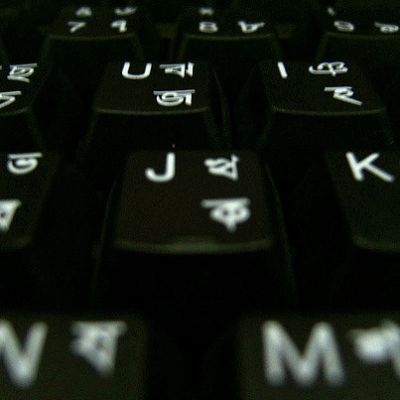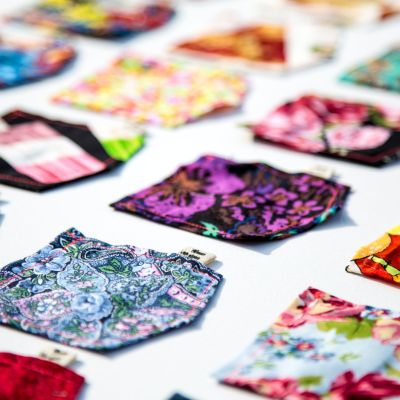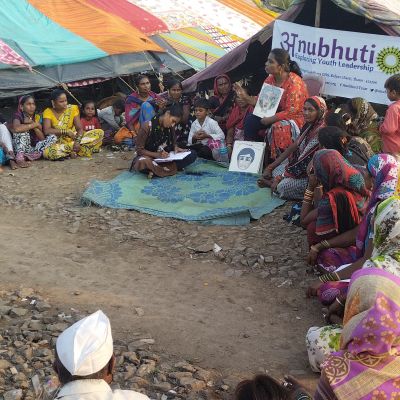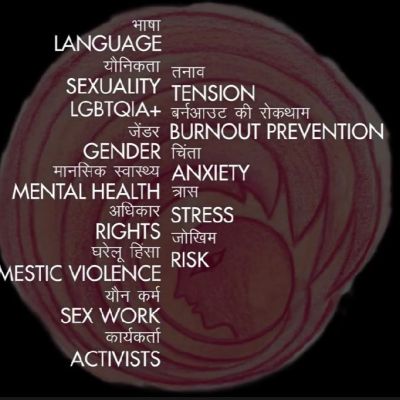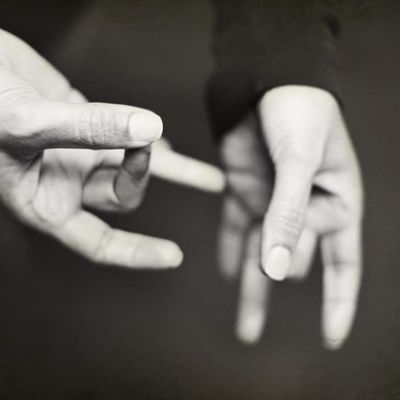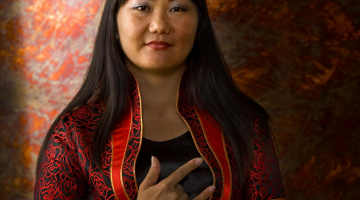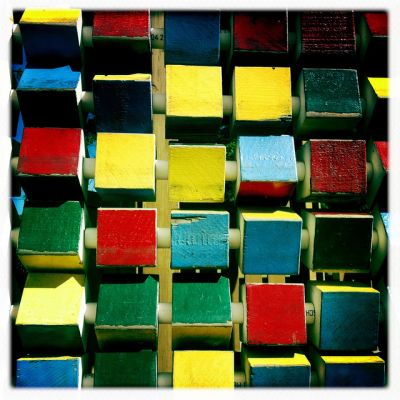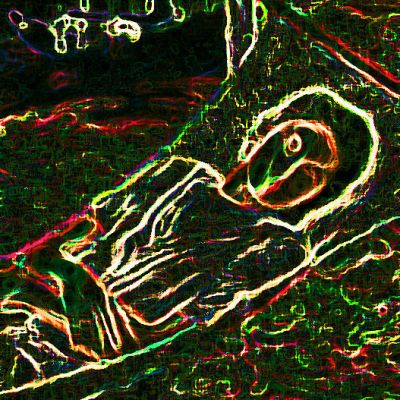language
When the hunk of a football player kicks the football, it swerves towards the right and bounces off the goalpost…
पूरे देश में ऐसे कई क्वीयर लोग होंगे जो अपनी ‘मातृभाषा’ में अपनी क्वीयर पहचान को एक नाम देने में नाकामयाब रहे हैं।
Fashion is a language that expresses survival, rebellion, freedom, visibility and invisibility, identity, representation and inclusion.
Khusro to Bullah. Ada to Parveen
यह, वह, वो
He, she, they
Lover or Beloved? Woman or Man?
Conversations about stress, burnout and mental health have gained prominence, especially during and since the COVID-19 pandemic. But, what is stress and burnout?
In the video section, watch Tishani Doshi perform one of her most haunting and popular poems ‘Girls Are Coming Out of the Woods’. Using the movements of/in body, music and language, it is a powerful expression of Tishani’s expansive vision of resistance, freedom and solidarity in the face of violence.
In a recent class, I asked Kanika and Tincy, our ISL teachers, how we could sign sexuality, and they asked, “How do you explain sexuality?” I wondered how I could sign ideas like attraction, pleasure, gender, values, and so on, but tried nevertheless, using my limited vocabulary, apologetic about being reductive.
I wish my elders had told me about more than just bleeding when they talked about menstruation. I wish they…
Disabled folks make up the largest “minority” group that includes the most diversity, and anyone can experience or acquire a disability at any point in their life. And yet even in feminist and social justice spaces, ableism persists.
From my experiences, I find that diversity is not an end unto itself. Instead, it is a tool for reflection, a mirror that shows not only who we, and the society we live in, are in the present, but what we aspire to be in the future.
How does one negotiate the “delicate and complex” terrain of giving, receiving and respecting consent, and safely and effectively express sexual desire?
In the mid-month issue we have articles about the power of language to name, shame, and wound as well as articles about the subversive potential of language to turn the established order on its head and sing and dance around it.Here we mean language, as in not-just-English.
In my opinion, Ghosh was in search of a language of cinema which could be adequately expressive of queerness; he was slowly moving towards inventing that language, which would not be alienating to his conformist audiences, yet, would be intelligibly pleasurable to his (informed) queer viewers.
As I reflect on what I had actively buried and tried to constantly forget, I realise how crucial language was in defining how I viewed myself.


